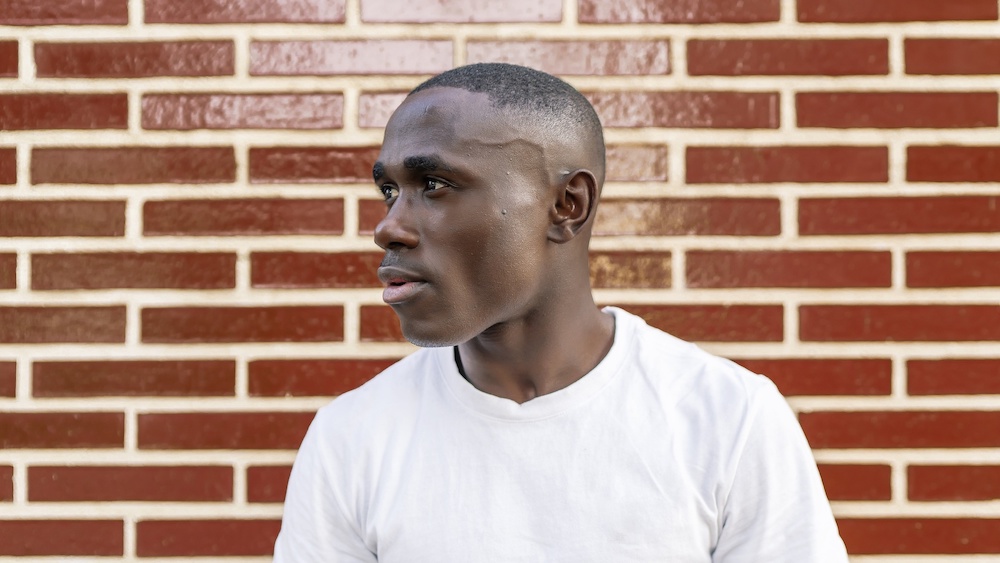If you’re interested in sharing your opinion on any cultural, political or personal topic, create an account here and check out our how-to post to learn more.
____
This year as we observe National Black HIV/AIDS Awareness Day on February 7, Black people represent an even greater percentage of people living with HIV. And it does not have to be that way.
Living through COVID-19, the worst public health crisis in more than a century — and its impact on everything from elementary education to agriculture — has shone a light on the disparities in care that Black people have consistently experienced.
Health disparities are the differences in health and healthcare among groups of people that result in a greater burden of disease for some. HIV is a glaring example of these disparities impacting care which we’ve witnessed play out over 40 years. As a result of disparities in healthcare, Black people have had to bear the greater burden of HIV.
Grassroots and educational efforts like National Black HIV/AIDS Awareness Day (February 7), help play a role in eliminating disparities, improving outcomes for people living with HIV, and helping to slow the spread of HIV/AIDS, but these efforts are not enough. The reality is that in the U.S., Black people have gone from 41% of all people living with HIV to 42% in 2018, despite only representing 13% of the population. That number is headed in the wrong direction. While we are on track to end the HIV epidemic for white men who have sex with men, that is not the case for Black people. It doesn’t have to be this way, and with more awareness, collaboration and dedicated support, we can make a difference. We have a roadmap to reach the end of HIV in the Black community — and to do this we must eliminate the healthcare disparities that keep it alive.
Government and the private sector can’t fix disparities in HIV care independently. It requires all of us. We must build on the progress we’ve collectively made, especially now when the momentum for change and understanding of these disparities are a topic of conversation among the masses. Resolving the persistent problem of health disparities is the central focus of a new report sponsored by ViiV Healthcare, Achieving health equity: a roadmap to eliminating disparities. The report explores the opportunities, such as expanded access to equitable healthcare services and funding for other priorities, in a long list of the benefits of eliminating health disparities. Further, it offers a roadmap to achieve health equity and move us past the AIDS epidemic by 2040.
The report recommends a number of key actions which are consistent with the new HIV/AIDS strategy unveiled by the Biden administration late last year:
- Developing a coordinated response across agencies, institutions, and providers in our communities
- Evaluating and restructuring funding of health systems and individual communities over longer periods of time; and
- Putting public health and primary care services (the institutions most accessible and familiar with our communities) at the center.
We now have the recipe for ending the HIV epidemic — knowledge, resources and partnership. With this new committed, inclusive, national strategy, it’s essential that we all work together to make addressing health disparities an urgent moral, social and economic priority.
I encourage you to visit viivhealthcare.com and talk to your friends, family and neighbors about HIV in our community.
The Black community can’t wait another day. It’s time for less talk, more action now.
____
Marc Meachem is the Head of US External Affairs at ViiV Healthcare.
